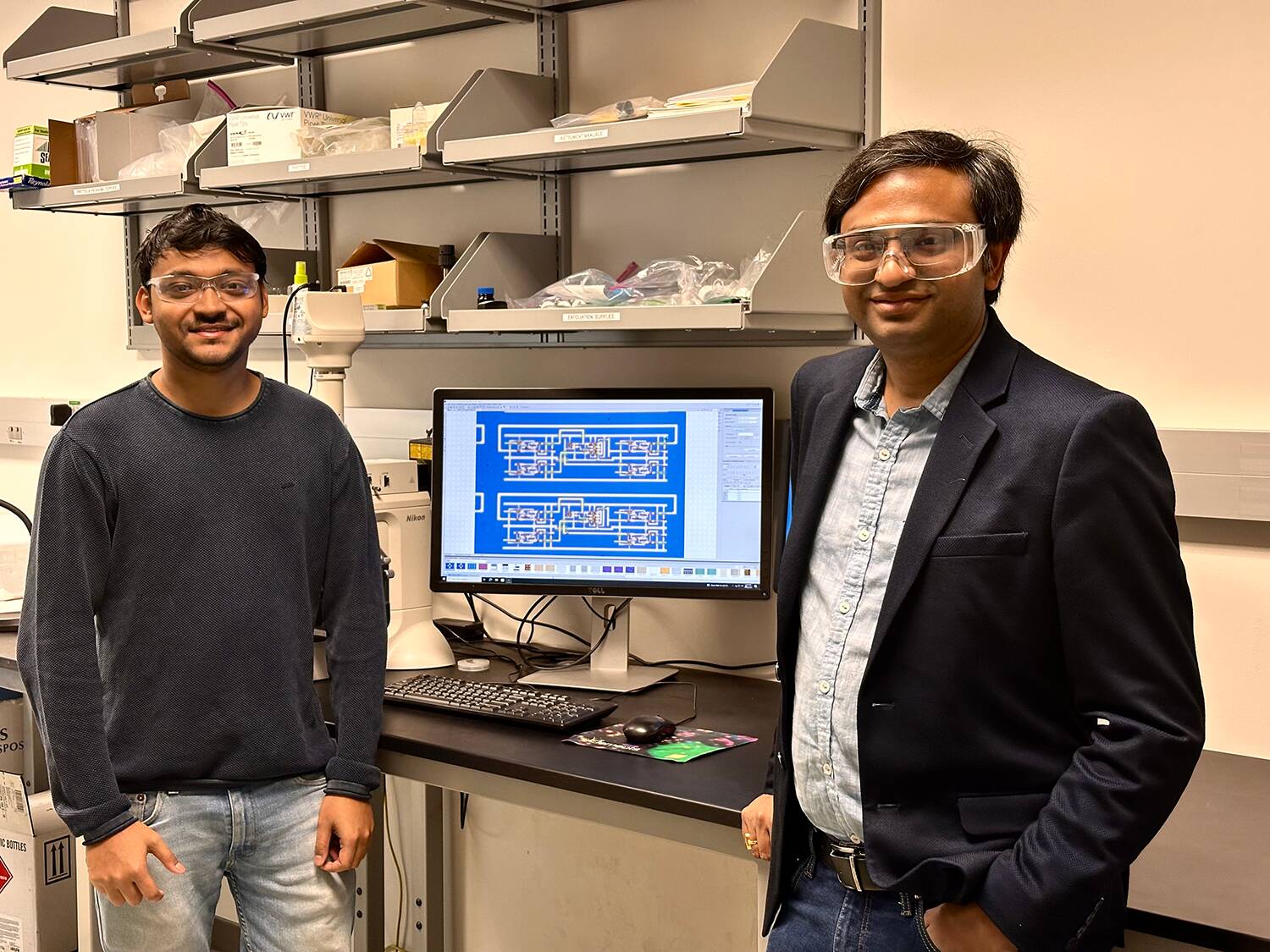
"CMOS systems need both n- and p-type transistors to achieve energy efficiency and reusability; hence our 2D CMOS design is a significant breakthrough."
"The team has constructed a minimalistic one instruction set computer (OISC) from 2D materials, which demonstrates how CMOS can evolve beyond silicon."
Researchers at Penn State University have created the first CMOS computer solely using two-dimensional materials, representing a pivotal advance in computer technology. The minimalist one instruction set computer (OISC) leverages molybdenum disulfide and tungsten diselenide as n-type and p-type transistors, respectively, known for their high mobility and favorable electrical characteristics. While the technology promises specialized applications in fields like edge AI and flexible electronics, experts caution against expecting a complete transition away from silicon technology in the near future. The advancements exemplify new possibilities within the realm of computing materials.
Read at Theregister
Unable to calculate read time
Collection
[
|
...
]